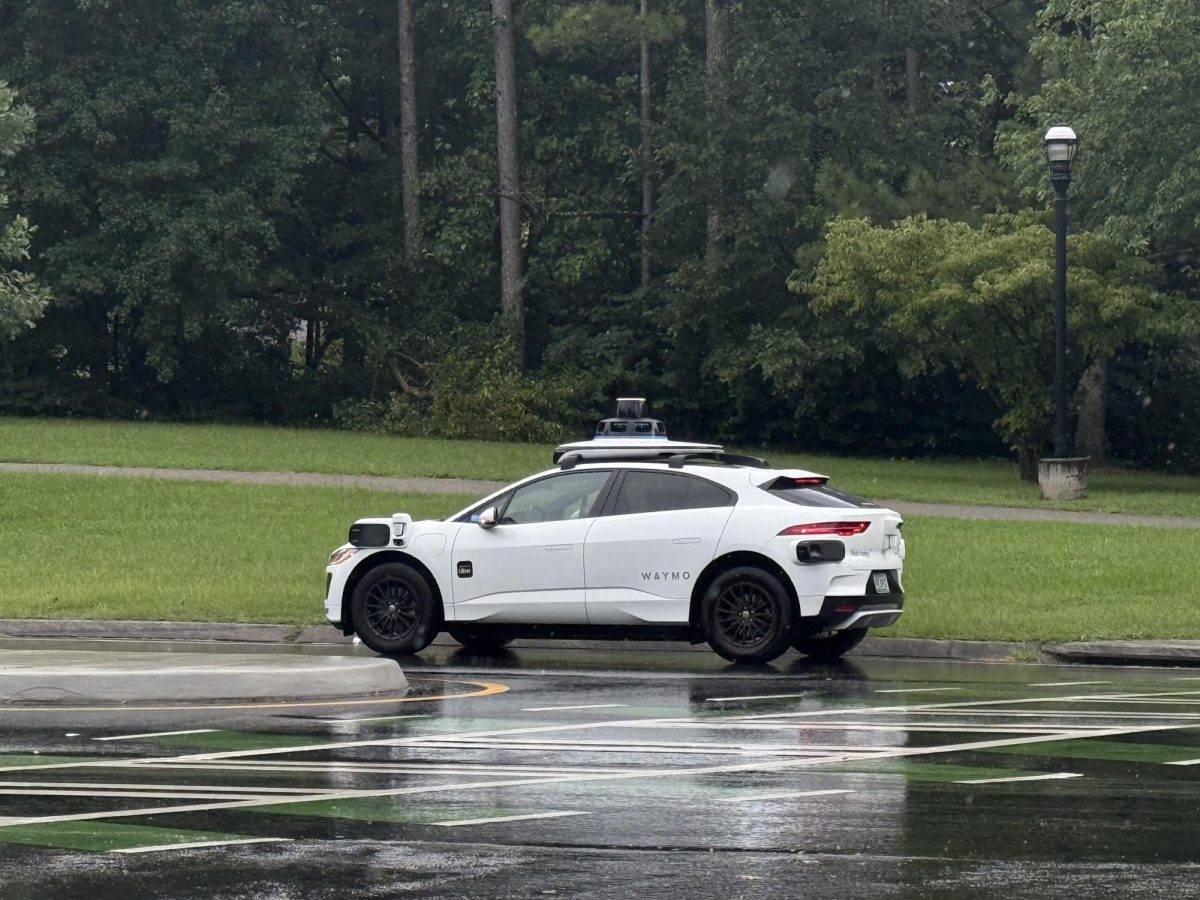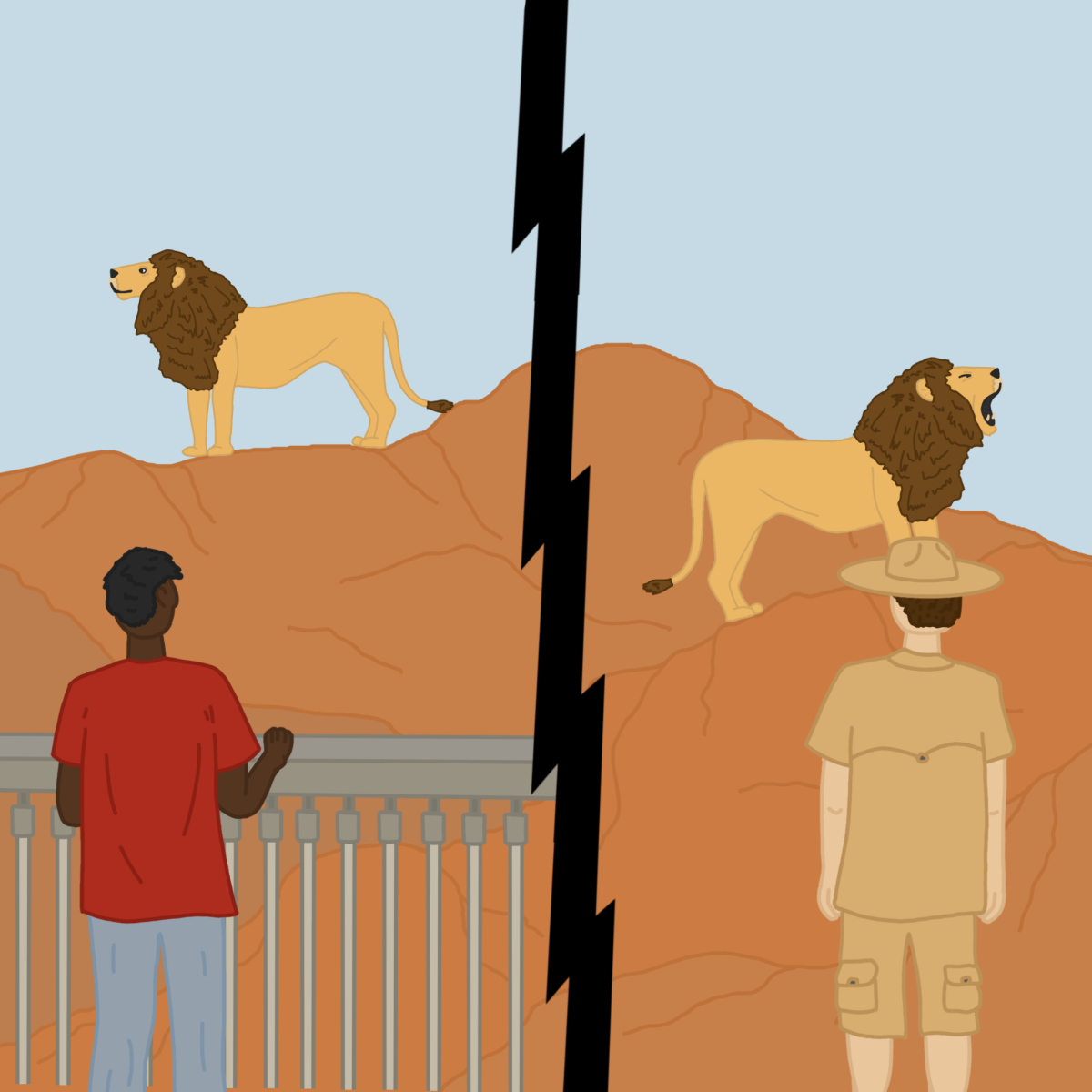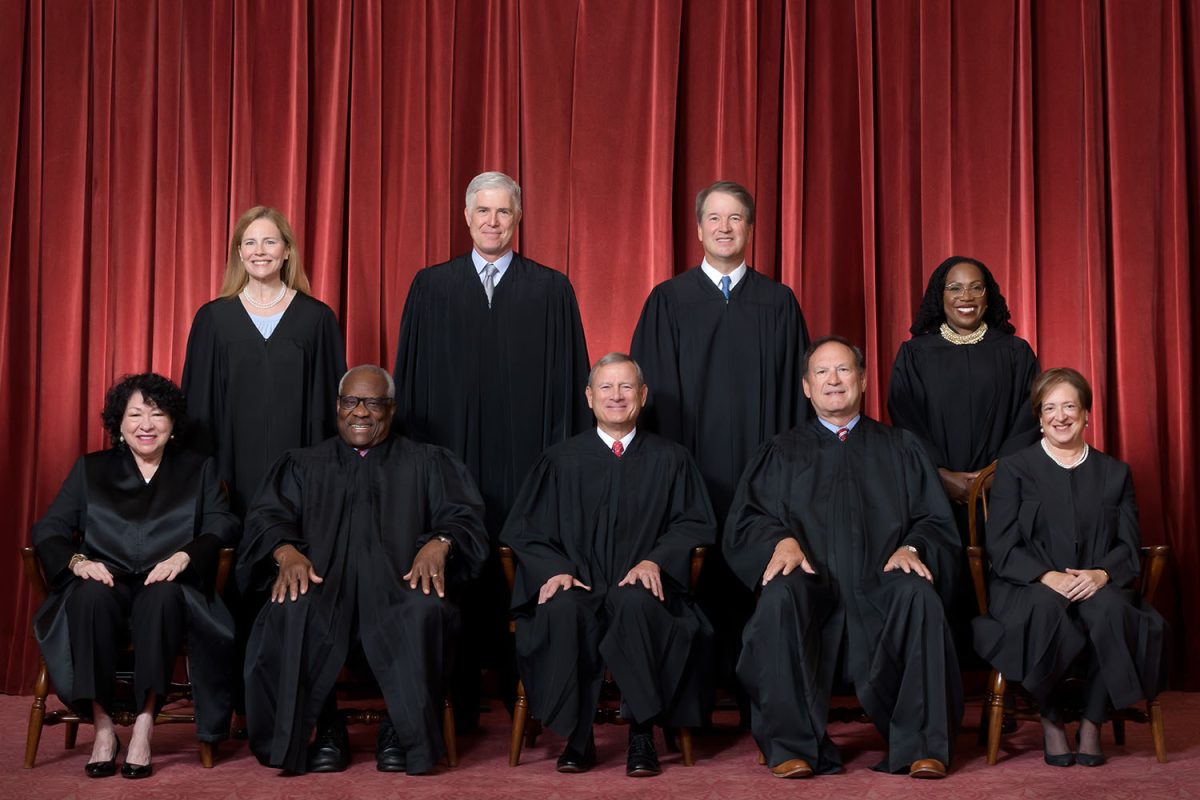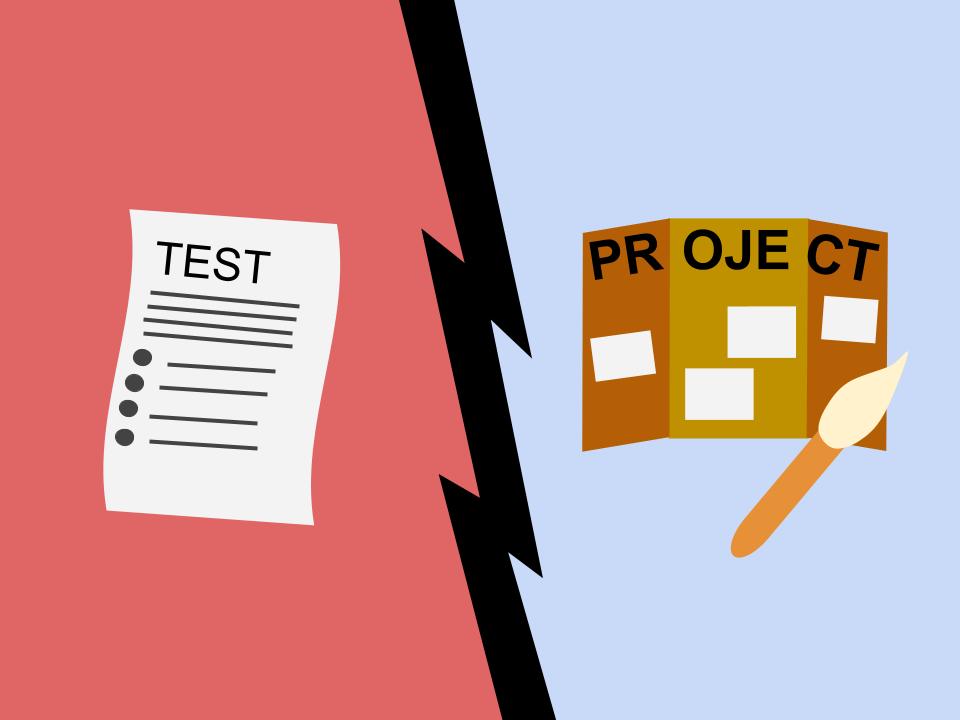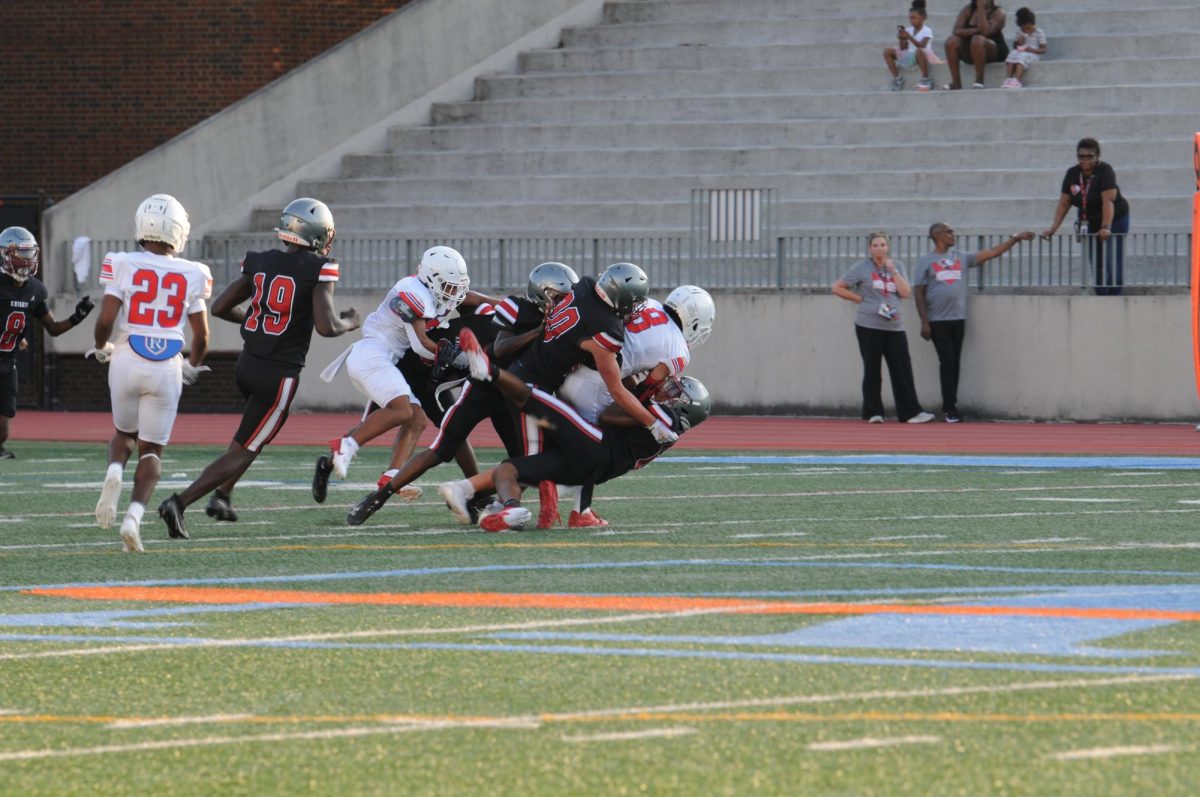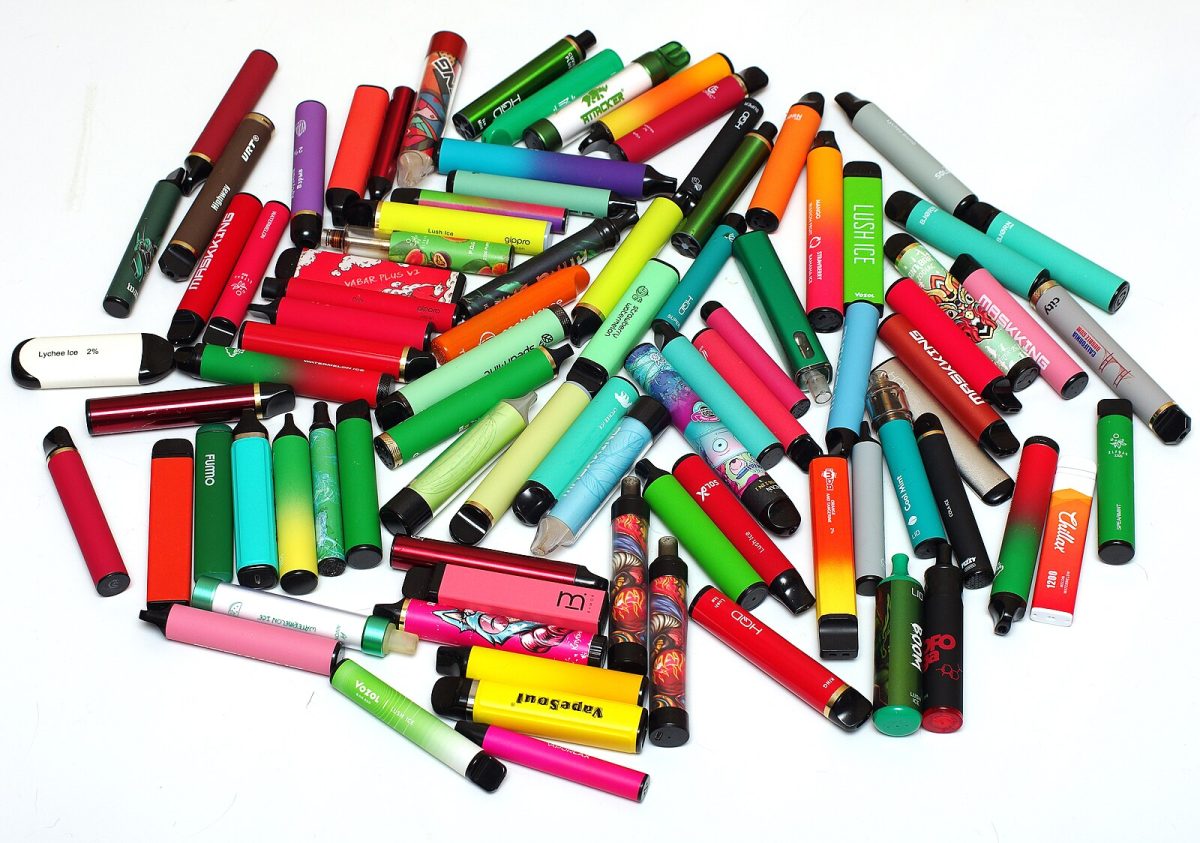Head to Head: Should AI be allowed in the film industry?
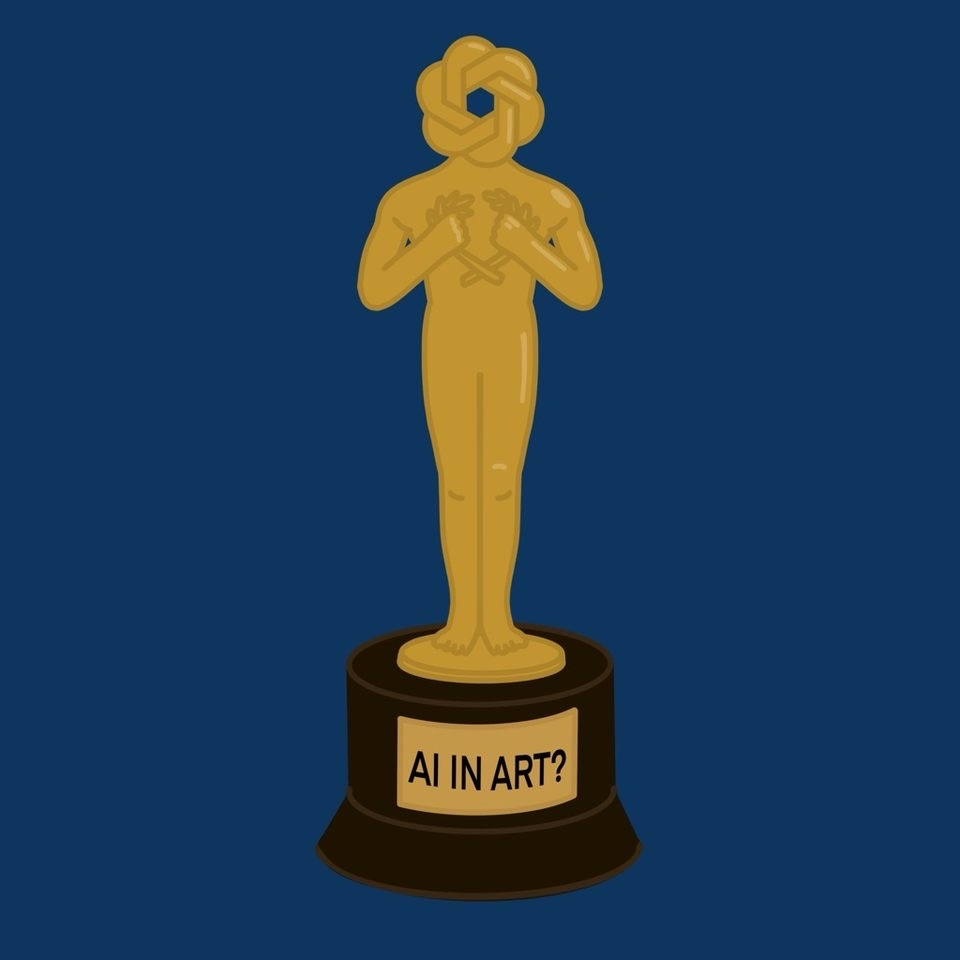
Artificial intelligence is the next big thing: a wave that has already been set in motion. As AI grows and develops, it has begun to play a larger role in creative settings, and Americans and those working in artistic industries need to accept the benefits of AI.
Making a Hollywood-level movie from start to finish without the use of AI can take years, with the process of writing a screenplay taking anywhere from 10-12 weeks for a 90-minute movie. While AI is still two to five years away from being able to write a movie, the impacts it can already make will be greatly beneficial to the film industry.
AI has already begun to seep its way into the movie industry, with programs such as ScriptBook, an efficient AI tool that analyzes movie scripts to help predict the success of the script, and later, the movie. These programs help to symbolize the potential futures of AI in the film industry and as a tool to enhance the movie watching experience.
The Writers Guild of America has already approved the use of AI for movie production, with some stipulations, including that the original human writer of the script must still receive credit for the screenplay. Regulations like these reduce writers’ fears that their jobs will be taken by AI, all while making better movies.
The 2025 Oscar controversy over the film “The Brutalist” stemmed from director Brady Corbet’s comment concerning AI used to perfect the Hungarian accent of his role, by enhancing the hard to pronounce vowels. The use of AI in films such as “The Brutalist,” as well as a few other Oscar nominees, is more than acceptable. In fact, “Emilia Perez,” another Oscar nominee, also altered the actors’ voices.
AI is also capable of making the stunt doubles’ faces more closely match the lead, which was done with Timothee Chalamet’s role in “A Complete Unknown.” Thus far, all alterations appear to have been consented to by the actors, all while making the film more congruent and enjoyable for viewers.
Following this year’s Oscar season, the Oscars are considering for the 2026 Oscar season that movies note the use of AI when submitting for the award, which is fair, as AI could be seen as a competitive advantage against other movies.
While the concern about job loss as it relates to AI is valid, as a study predicts that AI could remove 62,000 jobs in the California entertainment sector alone; this wouldn’t be the first time that the U.S. has chosen productivity and efficiency over the good of the American workforce. Since the 1980s, mechanization has resulted in the loss of over 7.5 million manufacturing jobs. While the loss of American jobs is never ideal, it represents growing pains in the U.S., which will result in a workforce that reflects the needs of each industry.
AI cannot fully take over the industry yet because, AI is a tool used by humans to speed up the production of a movie and help analyze it. So, as AI currently stands, people, writers, actors, directors and more will still need to be employed in Hollywood to produce the award-winning movies we all know and love.
As long as AI is introduced into the film industry with restrictions and regulations that look out for the workers of Hollywood and beyond, America should sit back and enjoy the movies AI helps to perfect.
AI is an ever-present issue in modern times, and it once again became a topic of contention when actor Adrian Brody won the Oscars’ best actor award for his performance in “The Brutalist,” where AI was used to modify his voice. Brody, who played a Hungarian character, spoke in a Hungarian accent, which the production team enhanced in some scenes to make it more believable.
Some fans argue that using AI in acting and film is just a logical step in the evolution of the film industry and creative arts as a whole, but the reality is that the use of AI to improve an artist or actor’s work is an unfair shortcut. Actors and artists shouldn’t need to use AI as a crutch to support their performances, and we should acknowledge and reward true talent and hard work.
AI in acting and the film industry isn’t anything new. It was one of the driving factors that led to the actors’ strike in the summer of 2023, when actors in Hollywood cited fears that AI would take their jobs. This fear was more than justified, as in 2023, AI had reached the ability to generate images and voices. As it continues to grow in its capabilities, AI can get closer and closer to understanding and recreating human thoughts and emotions, so it seems completely plausible that it could be used to replace actors at some point in the future.
The actors’ strike was strongly against AI’s use in film, but with actors now winning Oscars for performances enhanced by AI, it seems the narrative has shifted for the worse over such a short period of time.
Proponents of AI as an artistic tool will say that Brody’s performance in “The Brutalist” was only minorly enhanced by AI, so therefore, the issue of AI isn’t that big of a deal. While the production team of “The Brutalist” did only use AI for a handful of scenes and lines, this doesn’t take away from the fact that AI is a shortcut for actors. The production team opted to use AI to make the Hungarian accents used sound more believable because they wanted to perfect how it sounded. Even though they only did this for a couple of scenes, it doesn’t change the fact that they used AI as a lazy workaround because they didn’t want to go through the process of perfecting the actor’s performances.
Furthermore, if the use of AI for a few scenes becomes normalized, artists and actors will just use it more. Once you introduce the possibility of AI, it becomes a slippery slope, where more becomes acceptable until whole movies are AI generated.
The use of AI in the film industry is akin to an athlete using steroids or other performance enhancing drugs. Both ensure that the user’s product is better than it would otherwise be, and better than the competition. Whether it be an actor using AI to alter their voice or a track star using steroids to run faster, both take away from the competition and celebration of their disciplines. Just like watching sports to see an athlete’s hard earned skills on display, you watch movies to see a person tell you a story through their skills and practice as an actor, not what a computer told them to do. Acting shouldn’t be something that’s easy. A good acting performance should be challenging, and there should be things that an actor struggles to do. The solution to these struggles is more hard work and more practice, not a computer that “fixes” your mistakes with the click of a button.

Fairlie Mercer is a senior and this is her third year writing for The Southerner. She currently serves as an Editor-in-Chief and is excited for her second year as an editor. Outside of journalism, she enjoys hanging out with friends and dance.










